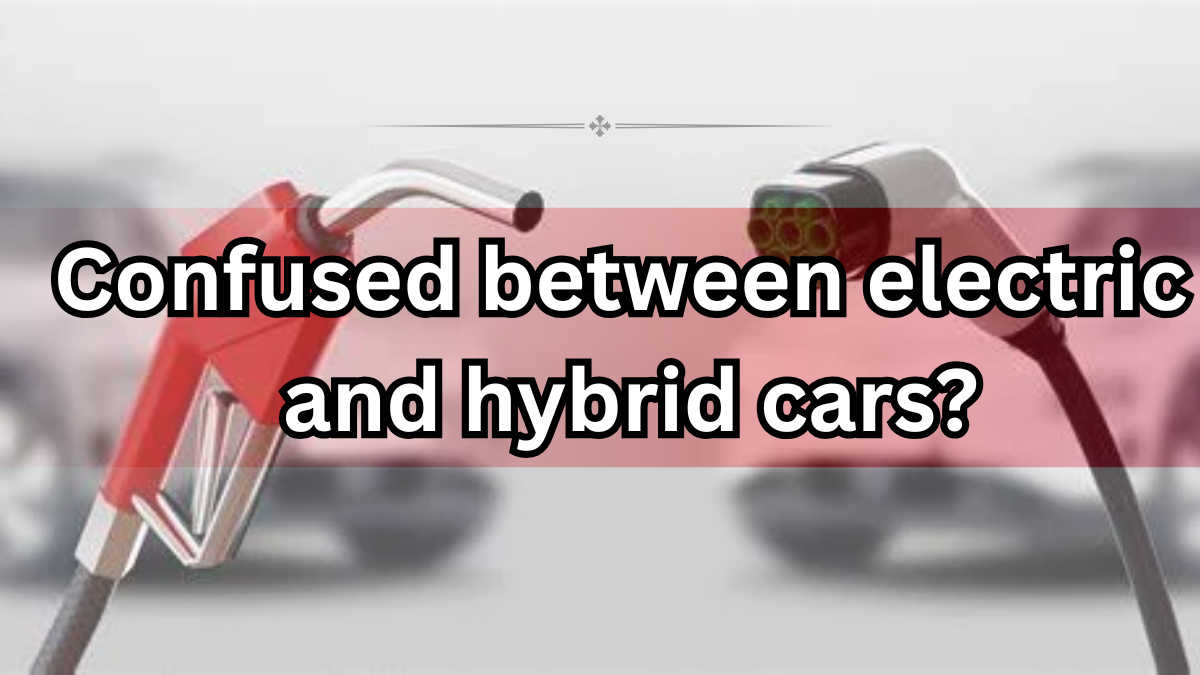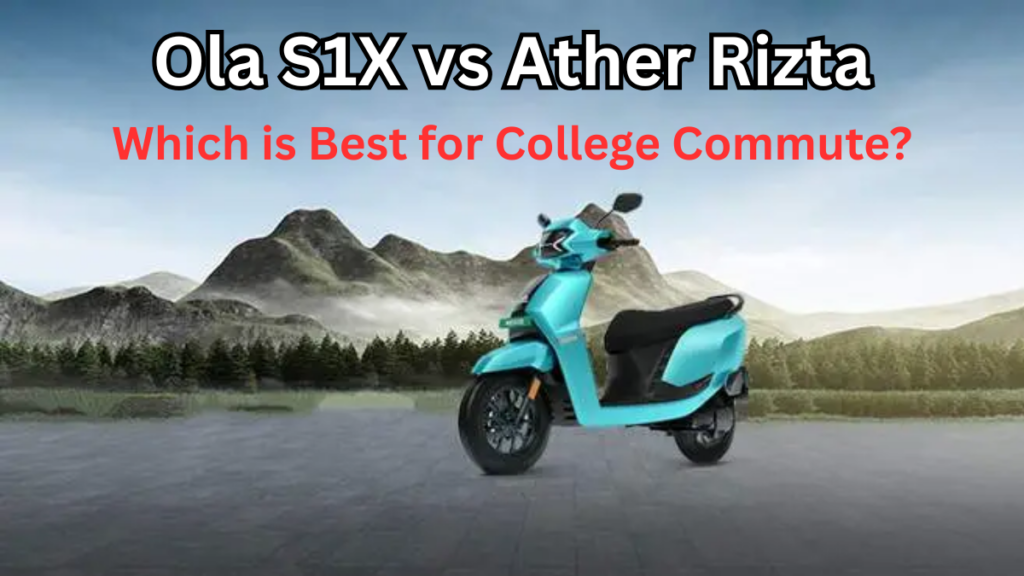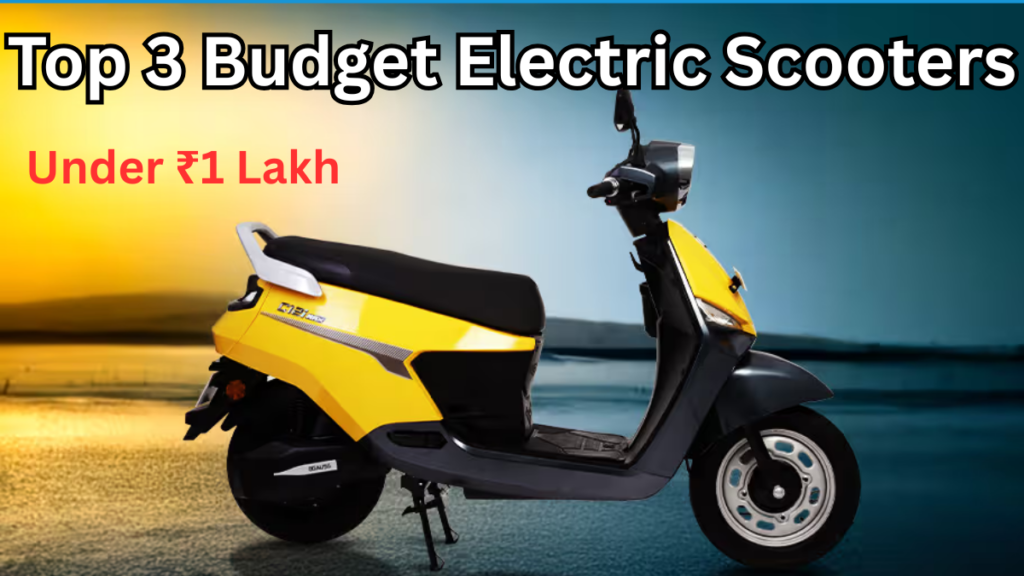Choosing a car in 2025 isn’t just about color or brand—it’s about sustainability, efficiency, and cost-effectiveness. As the world shifts toward cleaner transportation, the debate around electric vs hybrid cars 2025 is more relevant than ever.
This guide offers a straightforward EV vs hybrid comparison, helping you choose the right vehicle for your needs.

Table of Contents
What’s the Real Difference? Electric vs Hybrid Cars Explained

Before making a decision, it’s essential to understand how these two types of fuel-efficient cars differ.
Comparison Table
Feature |
Electric Cars (EVs) |
Hybrid Cars |
|---|---|---|
Power Source |
100% electricity |
Combines gasoline + electric motor |
Emissions |
Zero tailpipe emissions |
Reduced emissions (not zero) |
Refueling |
Plug into an outlet or charging station |
Gas pump + regenerative charging |
Maintenance |
Fewer moving parts = less maintenance |
Needs both electric and engine care |
Range |
Typically 150–400 miles |
Up to 600+ miles (combined range) |
Why Consider an Electric Vehicle (EV) in 2025?
Electric vehicles are becoming more accessible and practical, making them a smart choice for many drivers in 2025.
Pros of Electric Cars
-
Zero emissions, environmentally friendly
-
Eligible for government tax credits and rebates
-
Lower operating costs—electricity is cheaper than fuel
-
Fewer mechanical components reduce maintenance
-
Quiet and smooth driving experience
Considerations
-
Charging infrastructure is still growing, especially in rural areas
-
Charging times vary depending on the station and battery
-
Higher upfront cost, although price gaps are narrowing
Why Hybrid Cars Still Make Sense in 2025
Hybrids offer the best of both worlds—combining gas and electric power to maximize efficiency and minimize limitations.
Pros of Hybrid Cars
-
Excellent fuel economy, particularly in stop-and-go traffic
-
No charging required for standard hybrids
-
Extended driving range with gasoline backup
-
Familiar refueling process
-
Generally more affordable than EVs
Downsides
-
Still use fossil fuels, emitting some CO₂
-
Dual powertrain means potentially higher maintenance complexity
-
May not qualify for full government incentives
EV vs Hybrid Comparison at a Glance
Here’s a direct comparison to help you evaluate both vehicle types side by side.
Factor |
Electric Vehicles (EVs) |
Hybrid Vehicles |
|---|---|---|
Best For |
Urban drivers, eco-conscious |
Long-distance, mixed driving |
Initial Cost |
Higher (but falling) |
Mid-range |
Long-Term Savings |
High (low fuel + maintenance) |
Moderate |
Performance |
Instant torque, quiet |
Balanced |
Environmental Impact |
Zero emissions |
Reduced emissions |
Infrastructure Needed |
Charging station access |
Standard gas stations |
So, Which One Should You Buy in 2025?
Choosing between electric vs hybrid cars 2025 ultimately depends on your driving patterns, budget, and access to infrastructure.
Choose an Electric Car (EV) if:
-
You primarily drive in urban or suburban areas
-
You have access to charging at home or work
-
You want to reduce your environmental impact
-
You’re willing to invest in future-proof technology
Choose a Hybrid Car if:
-
You frequently travel long distances or live in remote areas
-
You’re not ready for the full electric transition
-
You want to reduce fuel consumption without range concerns
-
You’re looking for a more affordable eco-friendly option
The Future of Fuel-Efficient Cars
As more automakers invest in clean energy, the gap between hybrids and EVs is narrowing. Battery innovations, improved infrastructure, and regulatory support are making EVs more practical each year. However, hybrids remain a strong transitional choice, especially for drivers who value flexibility.
No matter which option you choose, 2025 is shaping up to be a great year for buying a fuel-efficient car.
Frequently Asked Questions (FAQs)
1. Are electric cars really cheaper to run than hybrids?
Yes. Electric vehicles typically have lower running costs because electricity is cheaper than gasoline, and EVs require less maintenance. Over time, these savings can offset the higher upfront cost.
2. Which type of car lasts longer: EVs or hybrids?
Both types are durable with proper maintenance. However, EVs have fewer moving parts, which can result in less wear and tear and potentially longer lifespans.
3. Do hybrid cars need to be plugged in?
Standard hybrids do not require plugging in—they recharge through regenerative braking. Plug-in hybrids (PHEVs), however, can be charged to extend their electric-only range.
4. Is it worth waiting for future EV technology before buying?
The EVs available in 2025 already offer excellent range, performance, and features. While future models may be more advanced, there’s no need to wait if you’re ready to switch now.
Click here to learn more






